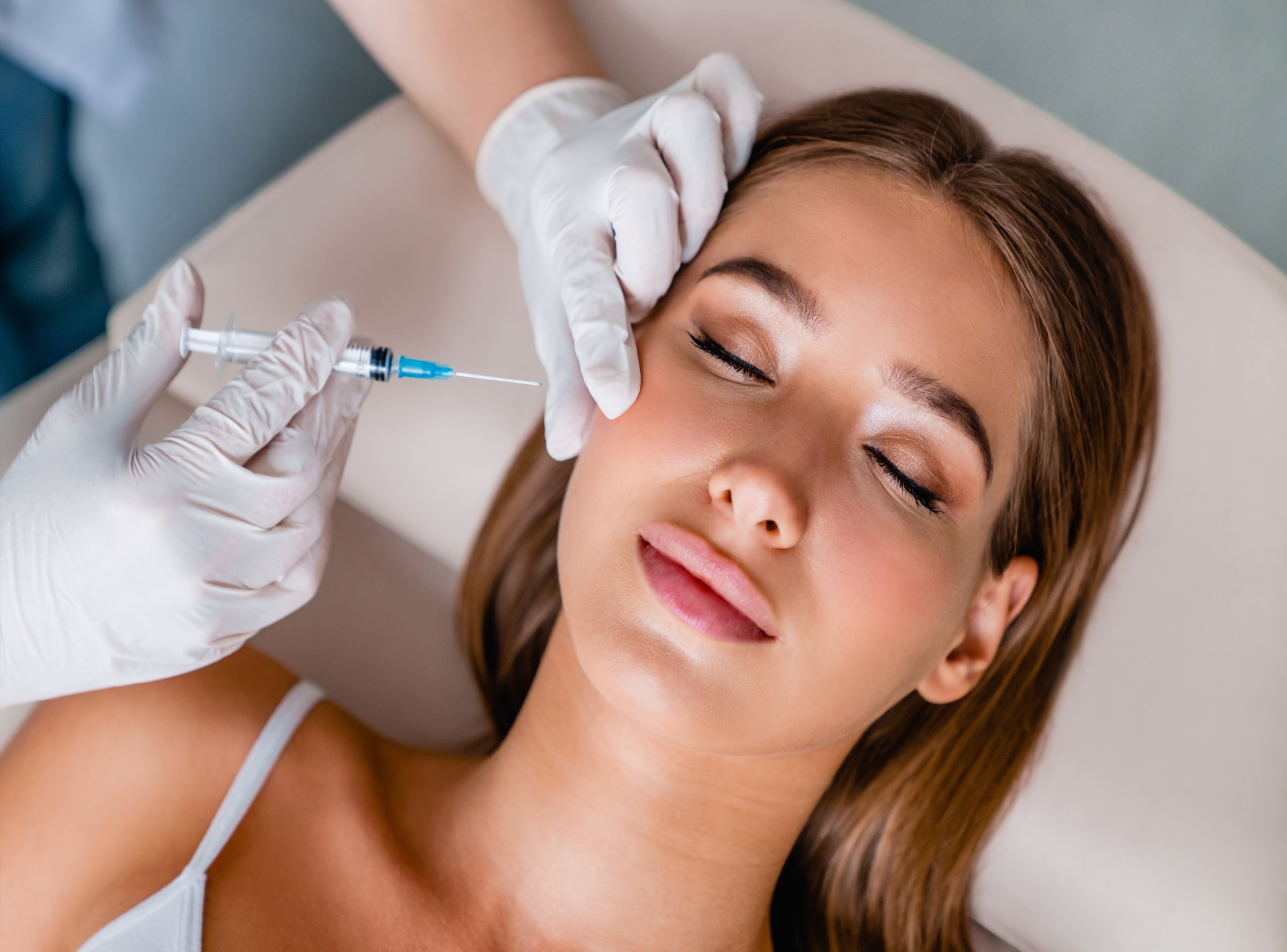Australians having cosmetic surgery will be better protected by new National Safety and Quality Cosmetic Surgery Standards, as part of urgent reforms to mitigate safety and quality risks specific to the industry.
The Australian Health Practitioner Regulation Agency (Ahpra) and the Medical Board of Australia (MBA) are also implementing important changes that are aligned with the standards, and are currently consulting on three key documents for 10 weeks, with the opportunity to provide feedback open until 2 February 2024:
- Guidelines for registered health practitioners who advertise non-surgical cosmetic procedures (applies to all registered health practitioners including medical practitioners)
- Guidelines for nurses who perform non-surgical cosmetic procedures (applies to nurses only)
- Guidelines for registered health practitioners who perform non-surgical cosmetic procedures (does not apply to medical practitioners because there are existing guidelines for doctors; applies to other health practitioners).
The draft practice guidelines are for health practitioners (other than doctors) performing non-surgical cosmetic procedures – including nurses and dentists — but will not apply to doctors who are already working to new Medical Board cosmetic practice guidelines, which came into effect on 1 July 2023.
Launched by Minister for Health and Aged Care Mark Butler, on behalf of the Australian Commission on Safety and Quality in Health Care, the Cosmetic Surgery Standards will be mandated for every service where cosmetic surgery is performed, including small day procedure clinics through to large health organisations.
Clinical Director for the Commission, Associate Professor Liz Marles, said the new standards emphasise the importance of informed decision-making by patients – including understanding the risks of surgery and possible complications – and assessing patient suitability.
“The introduction of Cosmetic Surgery Standards is a critical turning point for the sector. These standards build on sector-wide reforms and will help to address patient safety concerns, and reduce the chance of people being harmed,” she said.
“Whenever surgery is performed, there are inherent risks that medical practitioners must carefully consider with their patients. To keep people safe, services that perform cosmetic surgery procedures must assess the individual needs and circumstances of the patient.
“Before performing any cosmetic surgery, services will now need a referral to ensure a person is suitable for surgery, which will include a general health and psychological assessment.”
Cosmetic surgery is a billion-dollar industry in Australia, with thousands of procedures performed each year. Sector revenue has grown over the past five years, to reach an estimated $1.4 billion in 2023.
Of this, an estimated $473 million (34%) is spent on cosmetic surgical procedures, while almost half (47%) is on cosmetic non-surgical procedures, with the balance going towards reconstructive surgery.
Associate Professor Marles warned that an increase in the number of procedures represented an increased number of people at risk.
“If proceeding, services must ensure their patient understands the risks and has provided informed consent, that the clinicians are appropriately qualified, and that there is post-operative guidance for the patient after a procedure,” she said.
“By bringing rigour to the cosmetic surgery sector with these tailored standards, Australians will gain confidence that when they visit a cosmetic surgery service accredited to the standards, they are receiving safe and high-quality care – no matter where they access the service.”
The new guidelines will bring the cosmetic surgery industry further into line with all other day procedure services nationwide, which have had nationally consistent standards for 11 years.
The commission anticipates most services will be accredited to the new standards by 2025.


